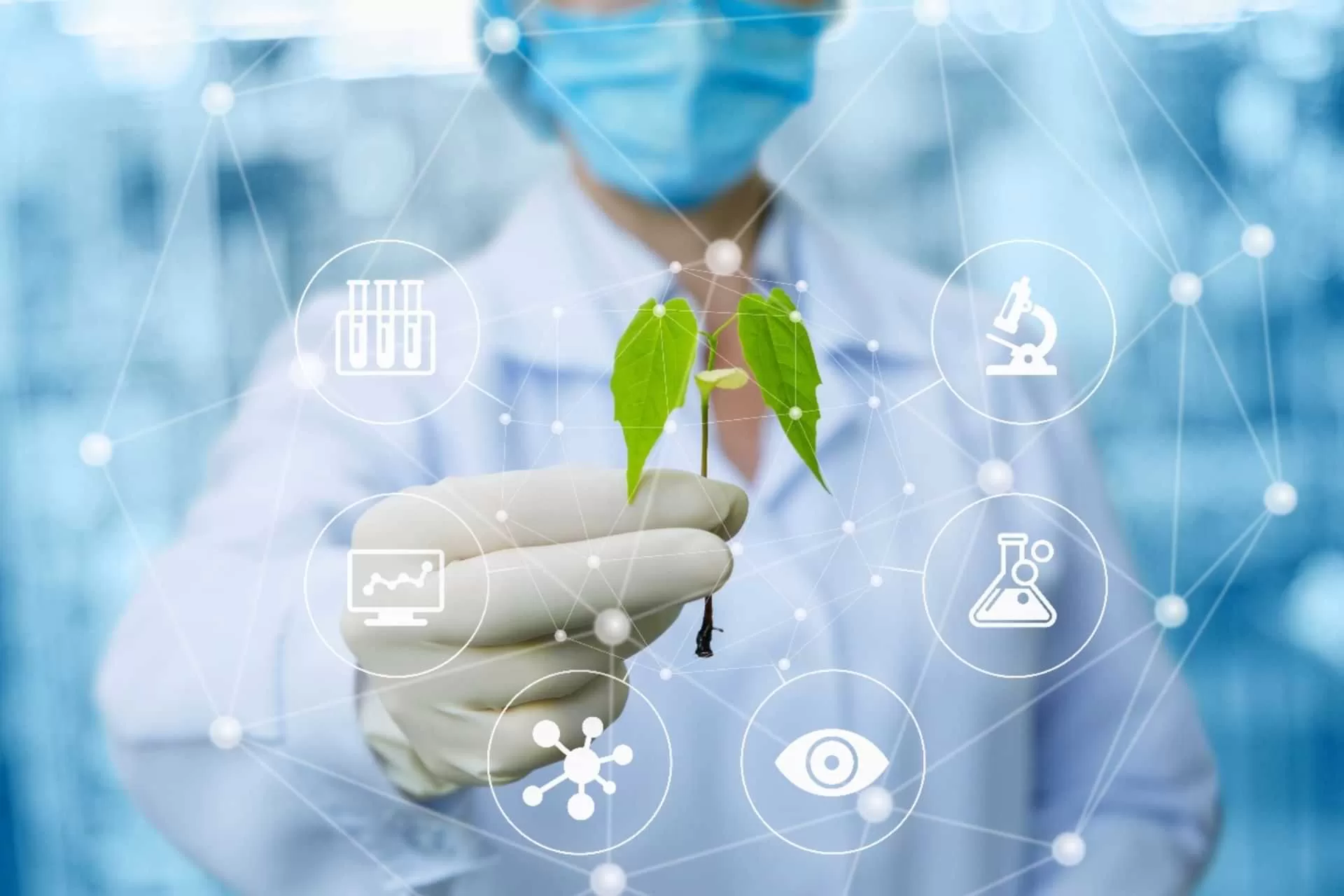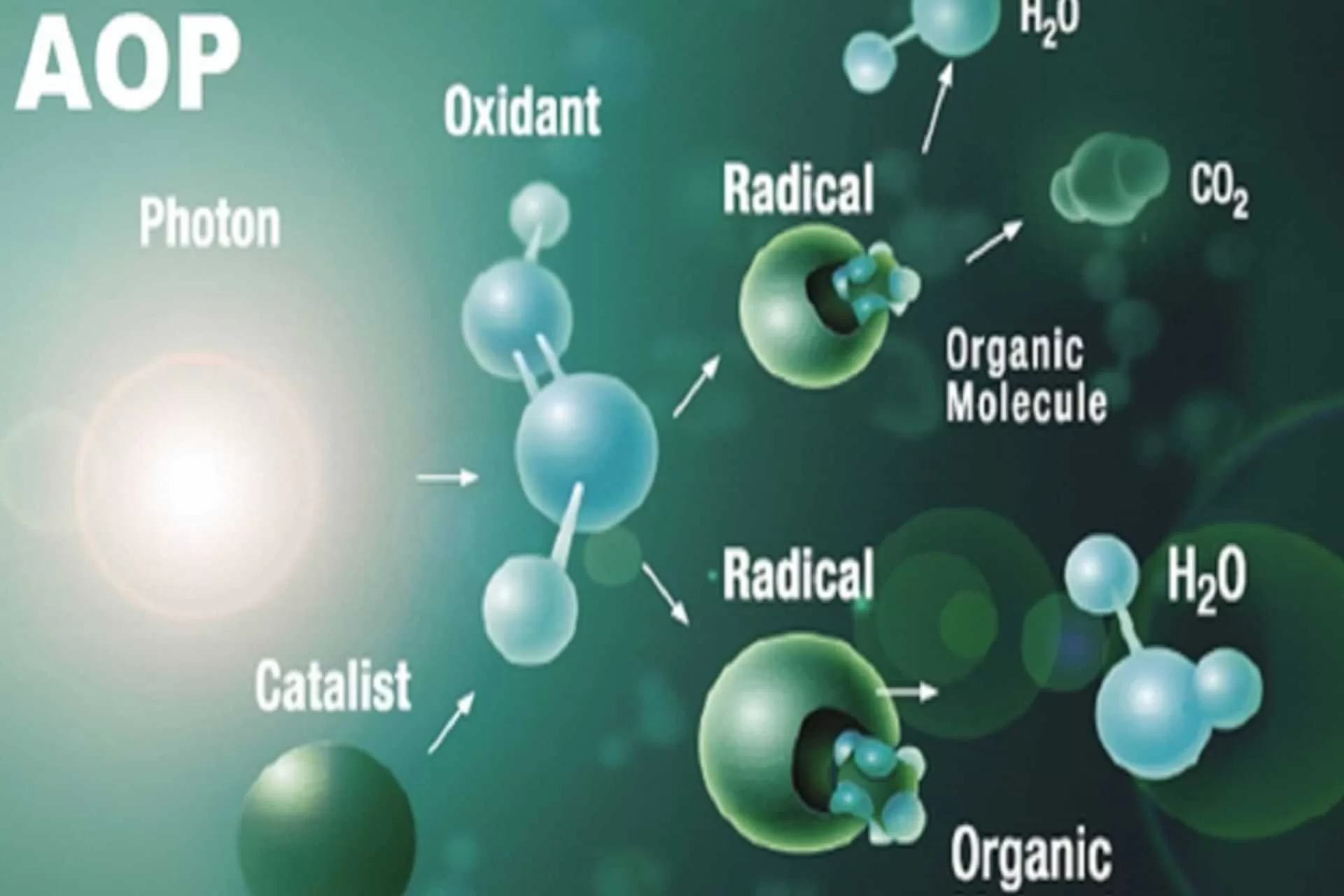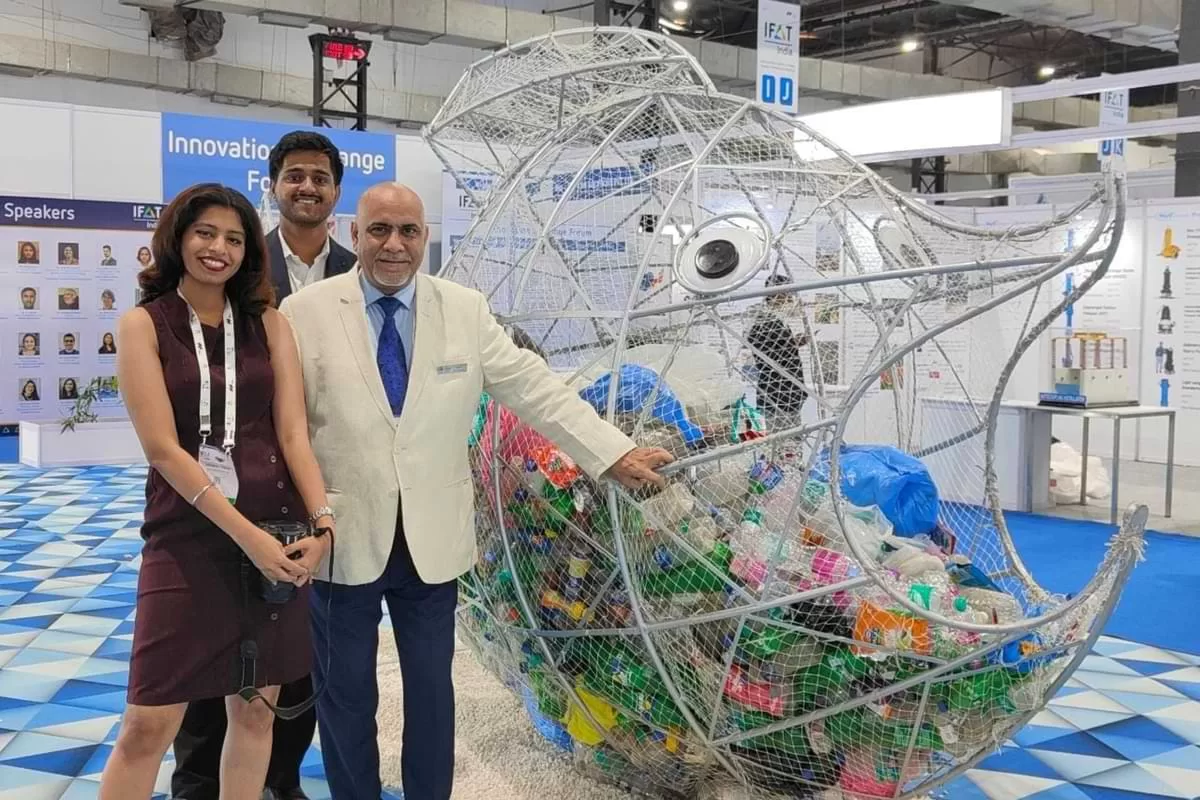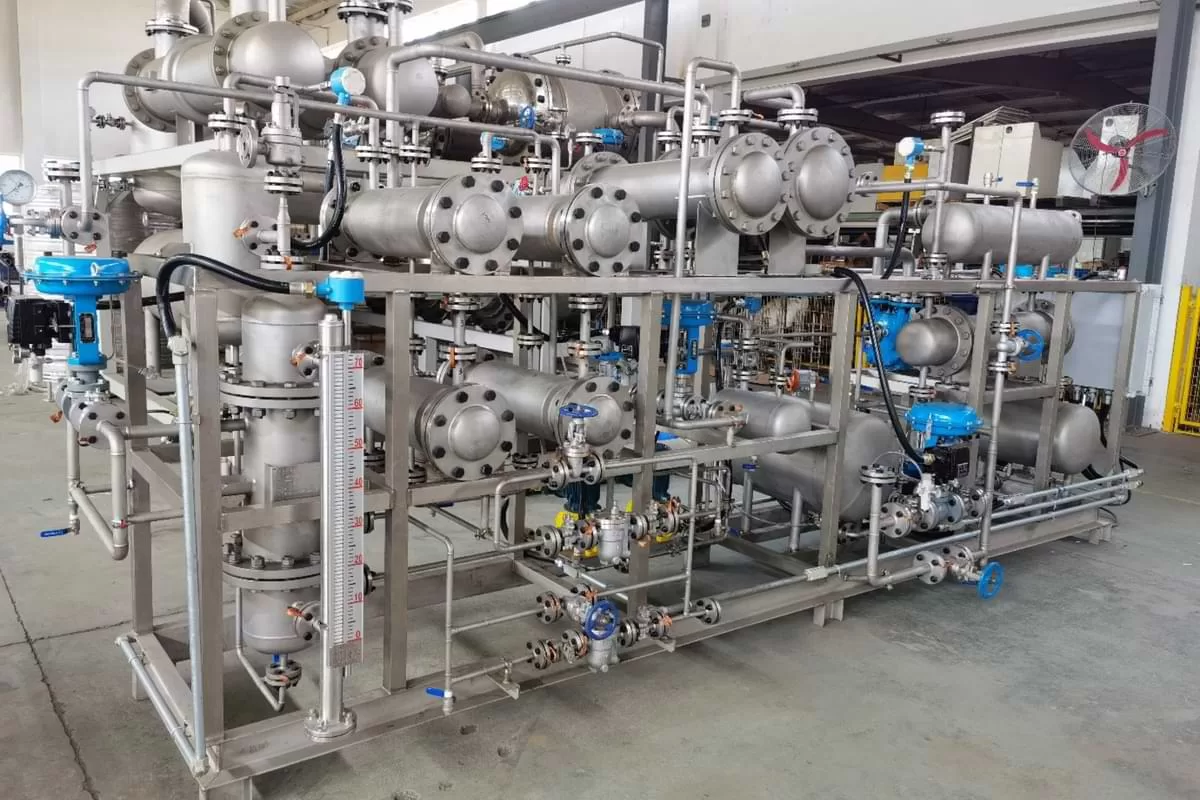Innovations in Sustainable Wastewater Treatment through Advanced Separation Technologies
With a growing global population and rapid industrialization, the generation of wastewater has reached alarming levels, posing a critical threat to environmental sustainability. Conventional methods of wastewater treatment often struggle to effectively eliminate pollutants, resulting in a significant environmental impact. Fortunately, ongoing advancements in separation technologies are providing promising solutions for sustainable wastewater treatment. This article delves into the transformative potential of innovative separation technologies, ushering in a future characterized by cleaner water and enhanced environmental preservation.
Engineering Today, Greener Tomorrow!
Addressing the Imperative for Sustainable Wastewater Treatment:
Conventional wastewater treatment processes typically rely heavily on energy-intensive procedures and chemical utilization, contributing to heightened carbon emissions and environmental degradation. Furthermore, inadequate removal of contaminants poses severe risks to aquatic ecosystems and public health. The adoption of sustainable wastewater treatment practices is thus imperative to counteract these challenges and establish a harmonious equilibrium between human activities and the natural environment.
Cutting-edge Separation Technologies:
1. Revolutionizing Filtration with Membrane Separation:
Advanced membrane-based separation techniques, encompassing microfiltration, ultrafiltration, nanofiltration, and reverse osmosis, have gained prominence due to their remarkable efficacy in removing suspended solids, pathogens, and dissolved substances. These membranes serve as discerning barriers, permitting the passage of clean water molecules while retaining contaminants. Continuous advancements in specialized membranes, boasting heightened selectivity and durability, have propelled membrane filtration to the forefront of sustainable wastewater treatment. Notable examples include the PROMEM product line, which aids in caustic recovery, color removal, and COD reduction, all achieved with minimal energy consumption and a reduced footprint.

2. Empowering Cleanup through Ion Exchange:
Ion exchange, a process that swaps undesirable ions in wastewater for less harmful counterparts, emerges as a potent tool for eliminating heavy metals, nutrients, and toxic substances. Advanced ion exchange resins exhibit enhanced selectivity, capacity, and regeneration efficiency, thus mitigating the overall environmental impact. Tailored applications, such as selective color removal, trace organic elimination, and phenol and p-Cresol extraction, exemplified by the SORBION range, underscore the feasibility of highly efficient wastewater treatment through closed-loop systems.
3. Unveiling the Potential of Adsorption:
Adsorption, the binding of pollutants to a solid material's surface (adsorbent), presents a robust mechanism for extracting organic contaminants, pharmaceuticals, and emerging pollutants from wastewater. Researchers continue to explore novel materials and refine adsorption processes, amplifying pollutant removal and minimizing waste generation. Notably, adsorptive media has found niche applications, including the irreversible adsorption of trace radioactive components in scenarios like nuclear wastewater treatment.
4. Unlocking Purity with Distillation and Vapor Separation:
Distillation and vapor separation methodologies offer effective solutions for treating industrial and high-salinity wastewater. Innovations such as vacuum distillation, multi-effect distillation, and membrane distillation facilitate efficient water-solid separation, enabling water reuse and resource recovery. While challenges persist, such as membrane hydrophobicity disruption by volatile organics, ongoing research is propelling these technologies toward transformative impact.
5. Harnessing Wet Air Oxidation and Cavitation:
Technologies like CHD-Ox Catalytic Hydrooxidation and Cavitation, both ultrasonic and hydro-cavitation, exhibit promise in breaking down recalcitrant and toxic COD. By blending catalysts, cavitation, oxidation, and hydrolysis, these approaches effectively tackle difficult-to-treat wastewater streams, with applications ranging from spent caustic treatment to innovative green cooling tower systems.

Benefits of Advanced Separation Technologies:
1. Reduced Environmental Footprint:
Lower energy and chemical requirements translate to decreased carbon emissions and minimized ecological harm.
2. Water Reuse and Resource Recovery:
Advanced separation processes facilitate resource reclamation, exemplifying circular economy principles by recuperating nutrients and metals from wastewater.
3. Enhanced Treatment Efficiency:
Elevated selectivity and removal efficiency translate to higher-quality treated water, meeting stringent regulatory benchmarks.
4. Adaptability and Scalability:
Many technologies can be tailored to diverse scales, accommodating both centralized and decentralized wastewater treatment systems.
Challenges and Future Outlook:
While advanced separation technologies offer transformative advantages, challenges such as initial capital outlays, membrane fouling, and concentrate stream disposal necessitate ongoing research. Innovations through material science, process optimization, and resource management hold the key to overcoming these hurdles and realizing the full potential of sustainable wastewater treatment.
The horizon of sustainable wastewater treatment is undergoing a paradigm shift, powered by advancements in advanced separation technologies. These innovations not only contribute to purer water sources but also align seamlessly with the principles of environmental conservation and resource sustainability. As investment in research, development, and implementation continues, the prospect of a greener future, underscored by efficient and eco-friendly wastewater treatment, draws ever closer.
Contact
Industry


